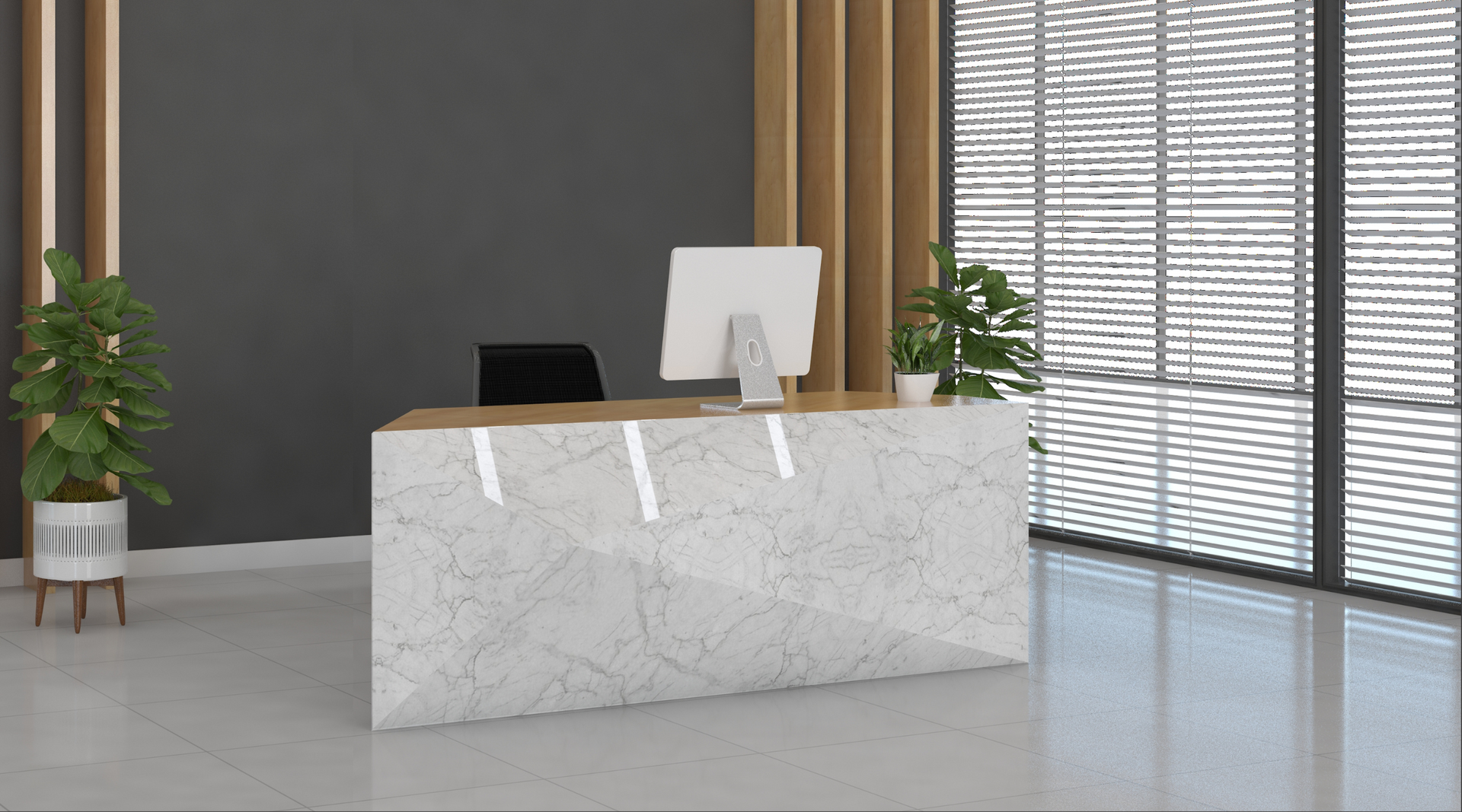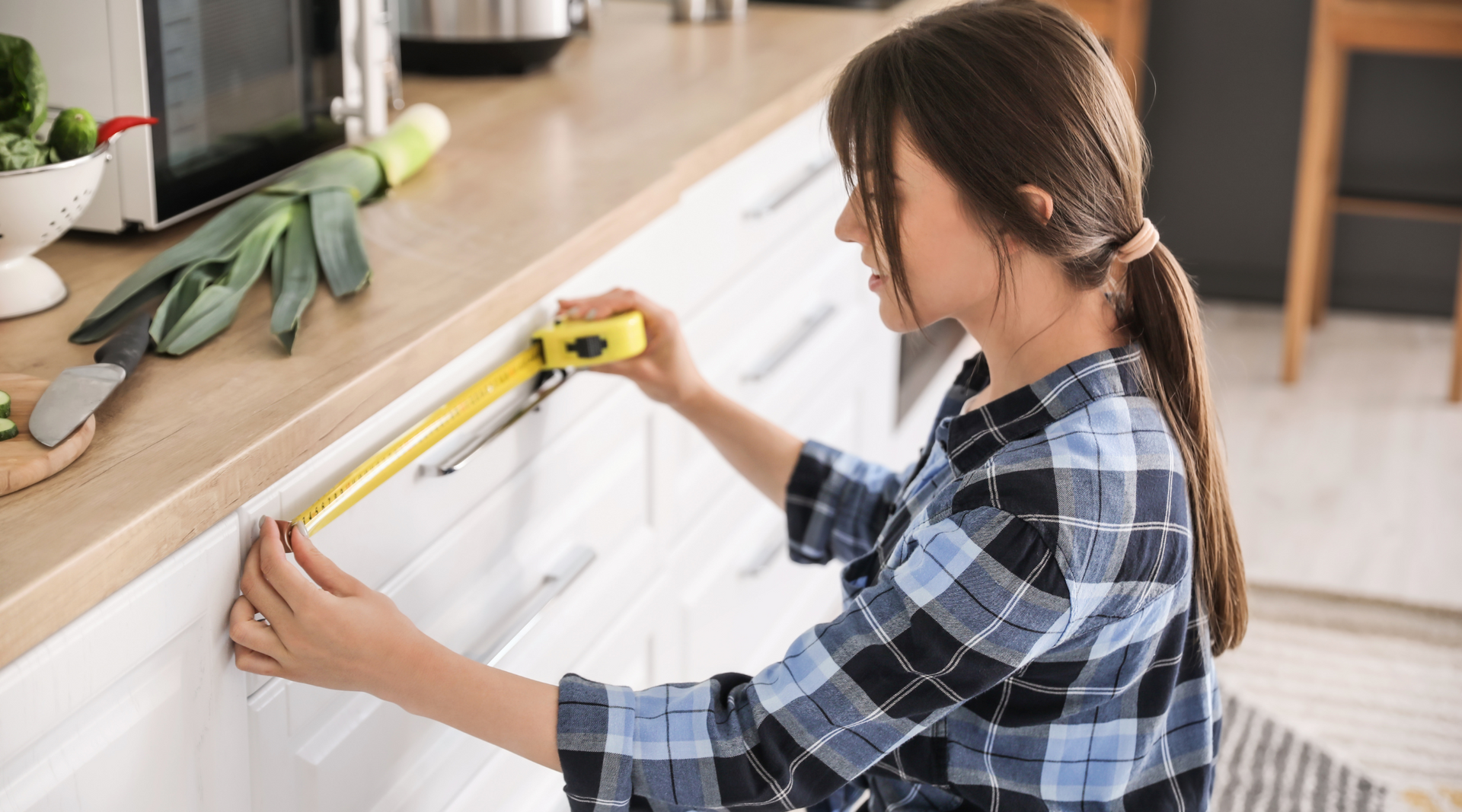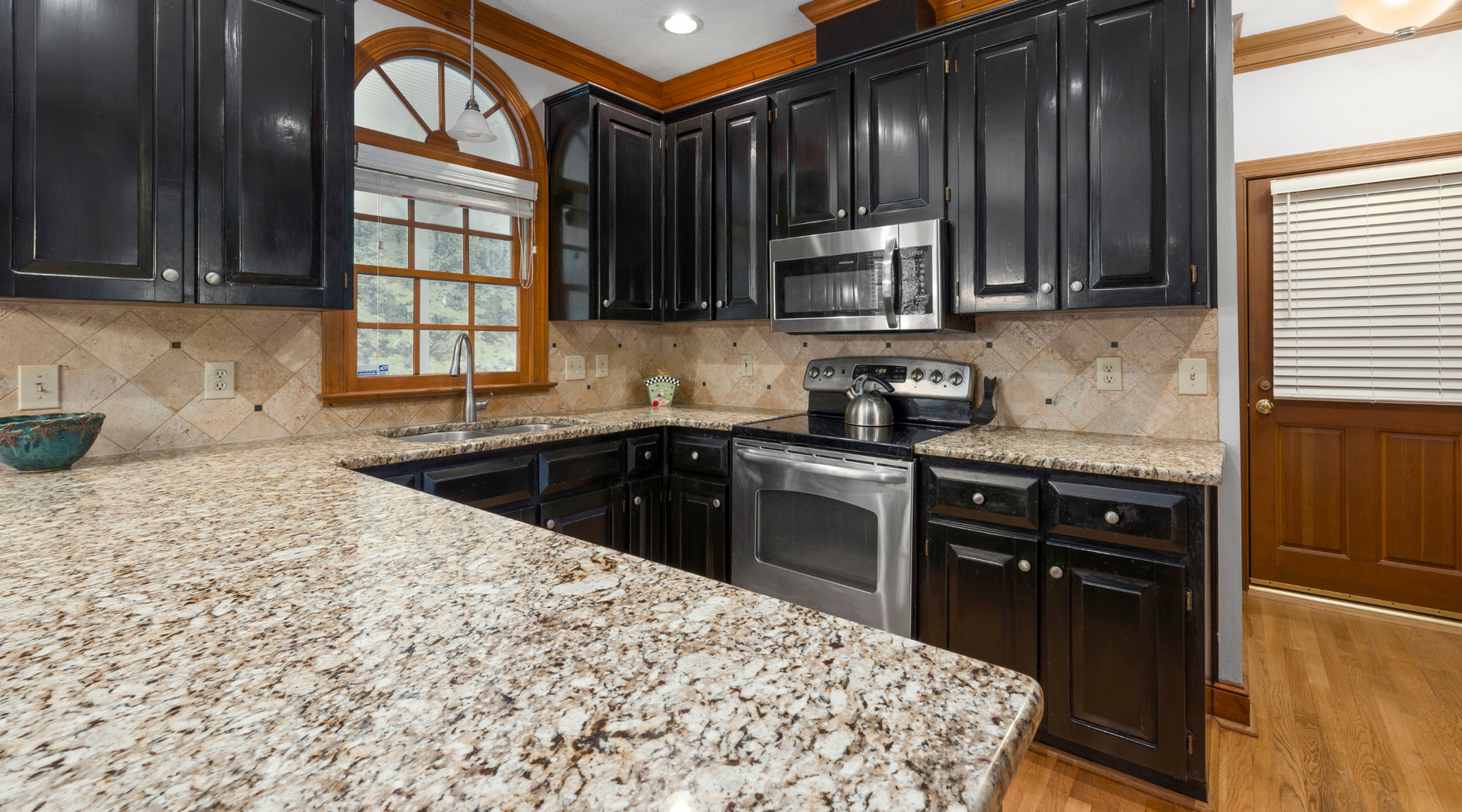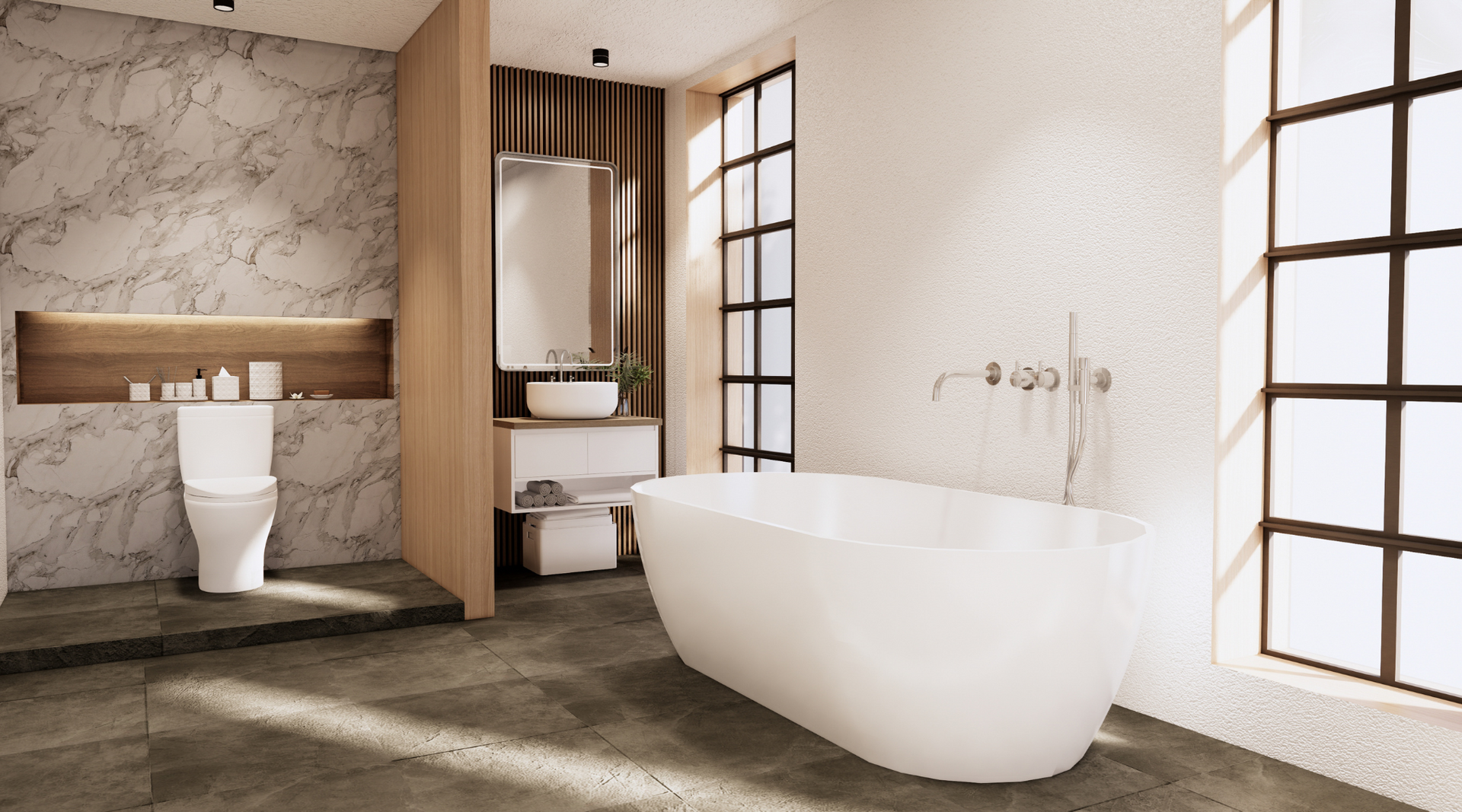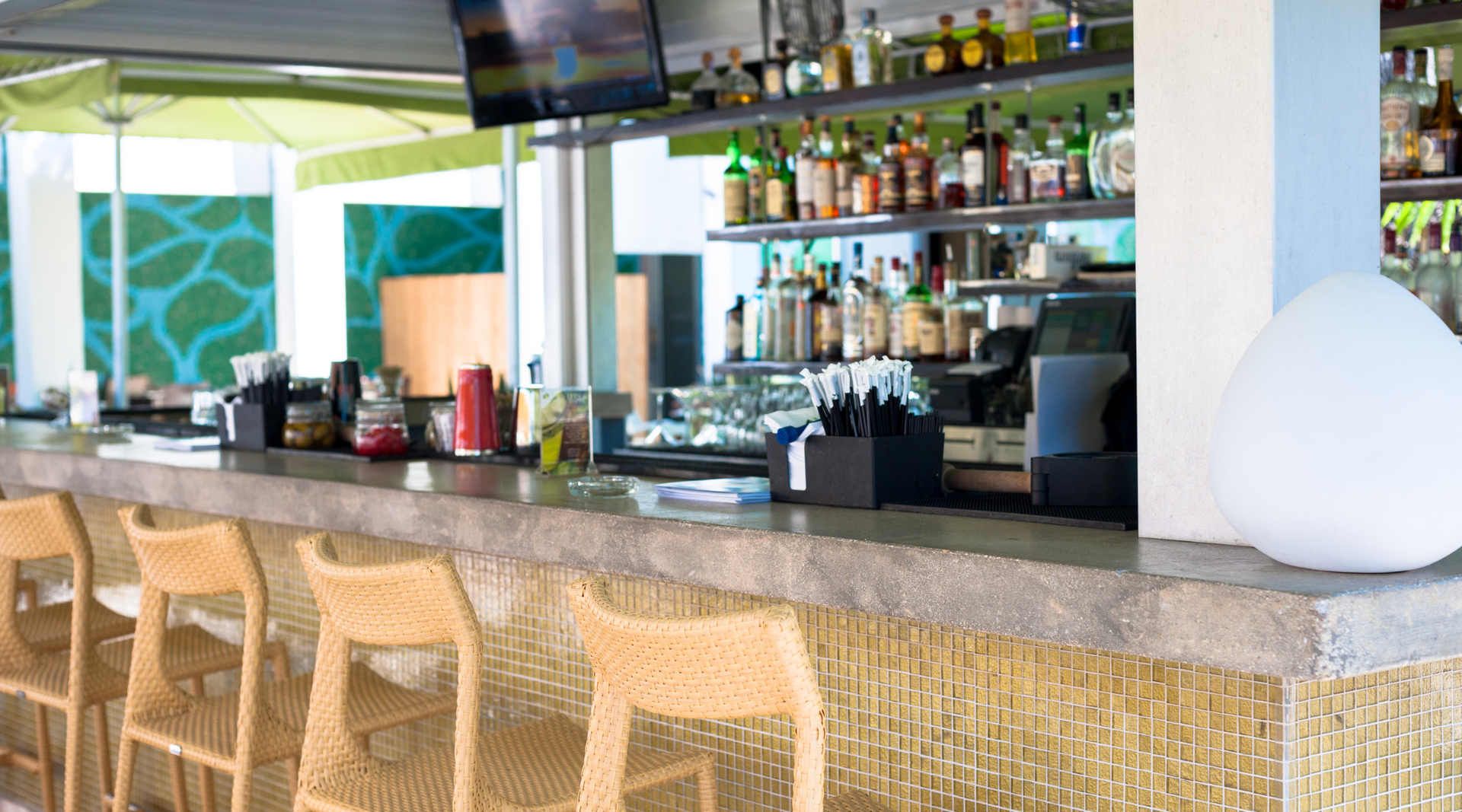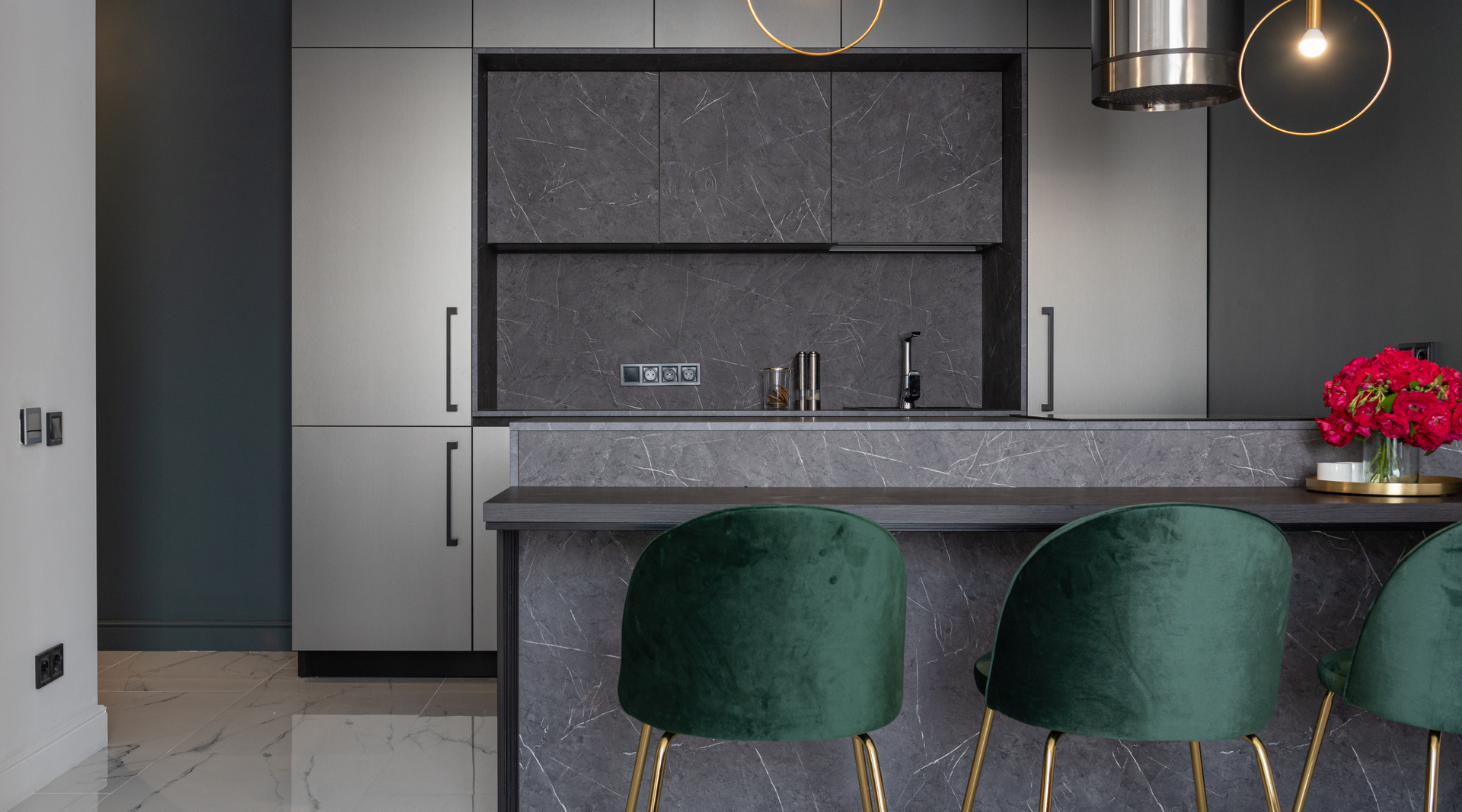Do You Need To Seal Your Stone Counters?
The Water Test is a well-known method of checking how porous your stone counters are. To avoid stains and clogs of debris, you want your stone surfaces to be resistant to water. Some stones are naturally more porous than others, but it is a good idea to check all of your counters occasionally to see if they need to be resealed.
Step 1: Collect Your Materials
All you need to conduct the water test is a small amount of water, towels, a countertop, and some way to keep track of time. If you are interested in checking the acid resistance of your counter, you can conduct the same test with lemon juice in place of water.
Step 2: Prep Your Station
Before you begin, find an area of your countertop that is out-of-the-way or slightly hidden in case the test happens to show very porous stone as the appearance can be affected. Note the time you begin this step as timing is the crucial factor in determining countertop quality with this test. All you need to do is add a drop of water (or lemon juice) to your stone surface. For water, you should add enough to create a puddle with a diameter of a few inches. For lemon juice, you should use a smaller puddle.
Step 3: Watch The Clock
Keep an eye on the puddle to see if it absorbs into the countertop. Make sure you are keeping track of the time. The Water Test has three generic conclusions that can be drawn from your results:
- If the water absorbs in less than 5 minutes, you’re going to need several coats of sealant applied regularly. Truthfully, this stone may not be a good fit for kitchen use. It may be best to replace your surface entirely because calling in experts for constant sealing is expensive, and doing it yourself can end in disaster.
- If the water absorbs within 5-15 minutes, you’ll need to reseal it, but it should last for a pretty long time after it’s done. You need to be careful with choosing a sealant to make sure it is high-quality. If the counter is relatively resistant to water, you run the risk that impregnators will not be absorbed properly. If they dry on the top of the stone you can end up with a cloudy, discolored, or bubbled surface.
- If around 30 minutes pass without absorption, you are all set. Your stone surface is water and stain-resistant, and there is no need to seal. This is a kitchen-worthy countertop and you got a great stone.
There you have it – the Water (or Lemon Juice) Test! The Water Test shows how porous your countertop is where the Lemon Juice Test can show acid resistance and stone quality. Both are simple and take only a few minutes. If you need more detailed instructions, check out this page: https://bsyl.ink/TheGraniteGuy .Once you know if you need your counters resealed, check out our other blog about keeping them well-maintained: https://bsyl.ink/MaintainGranite.
